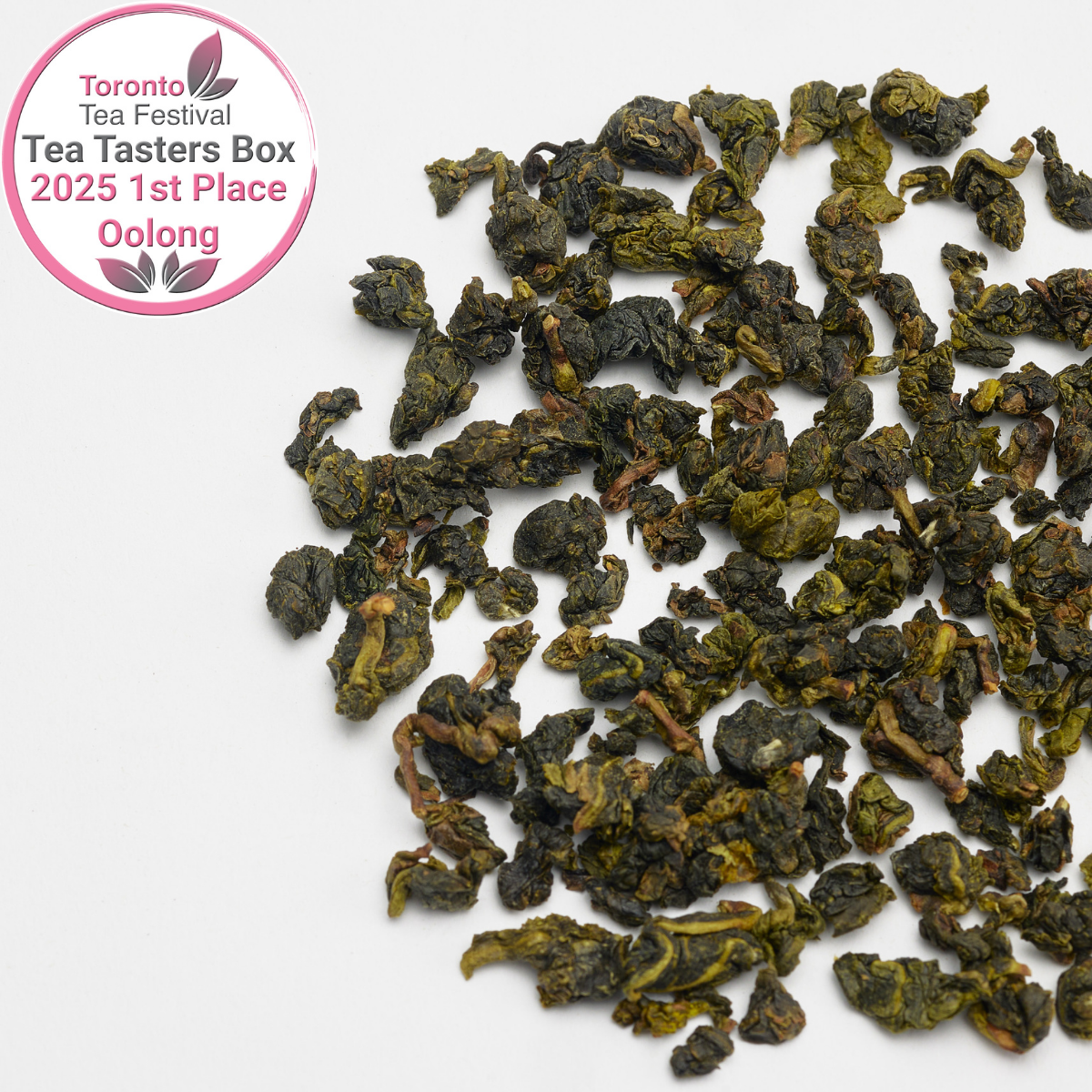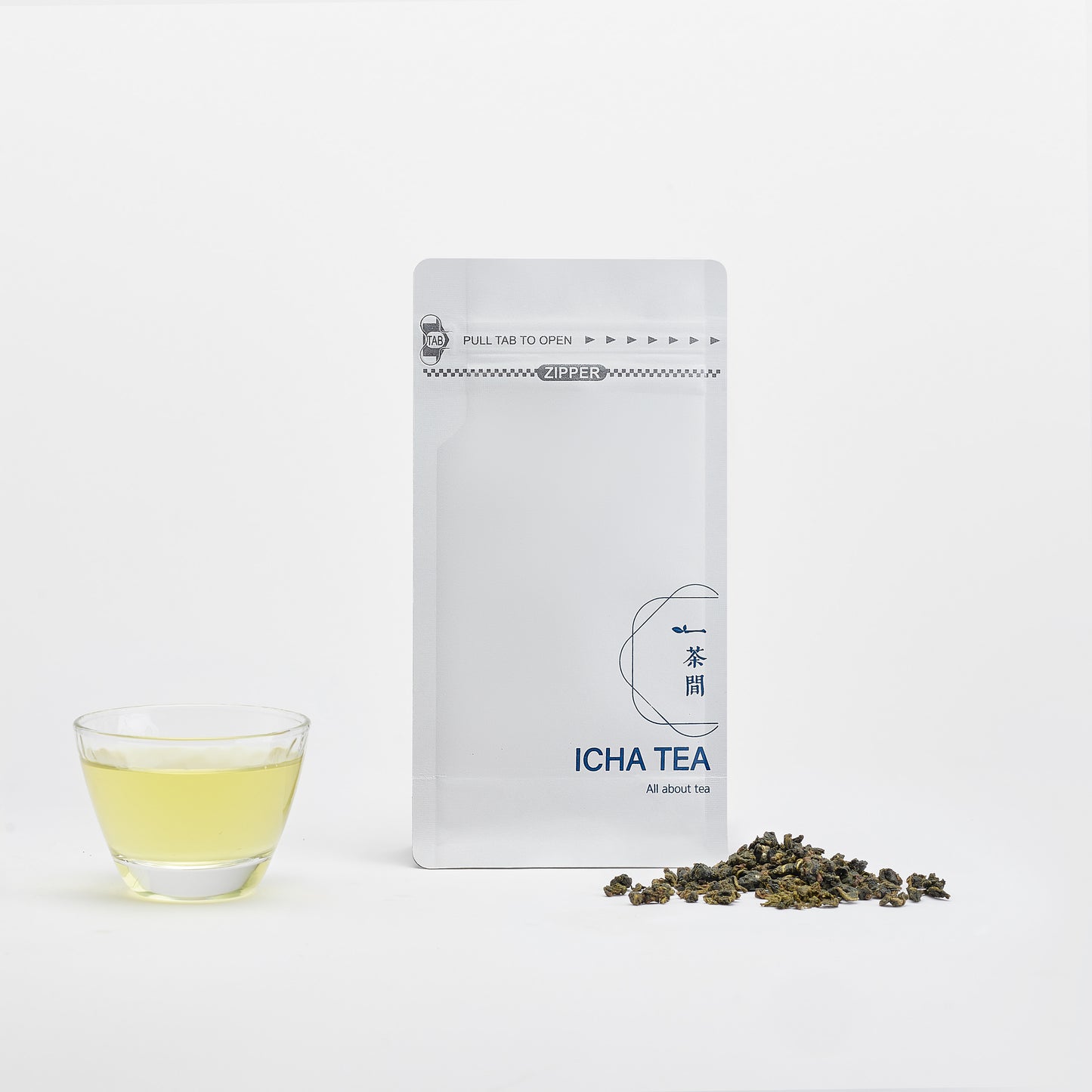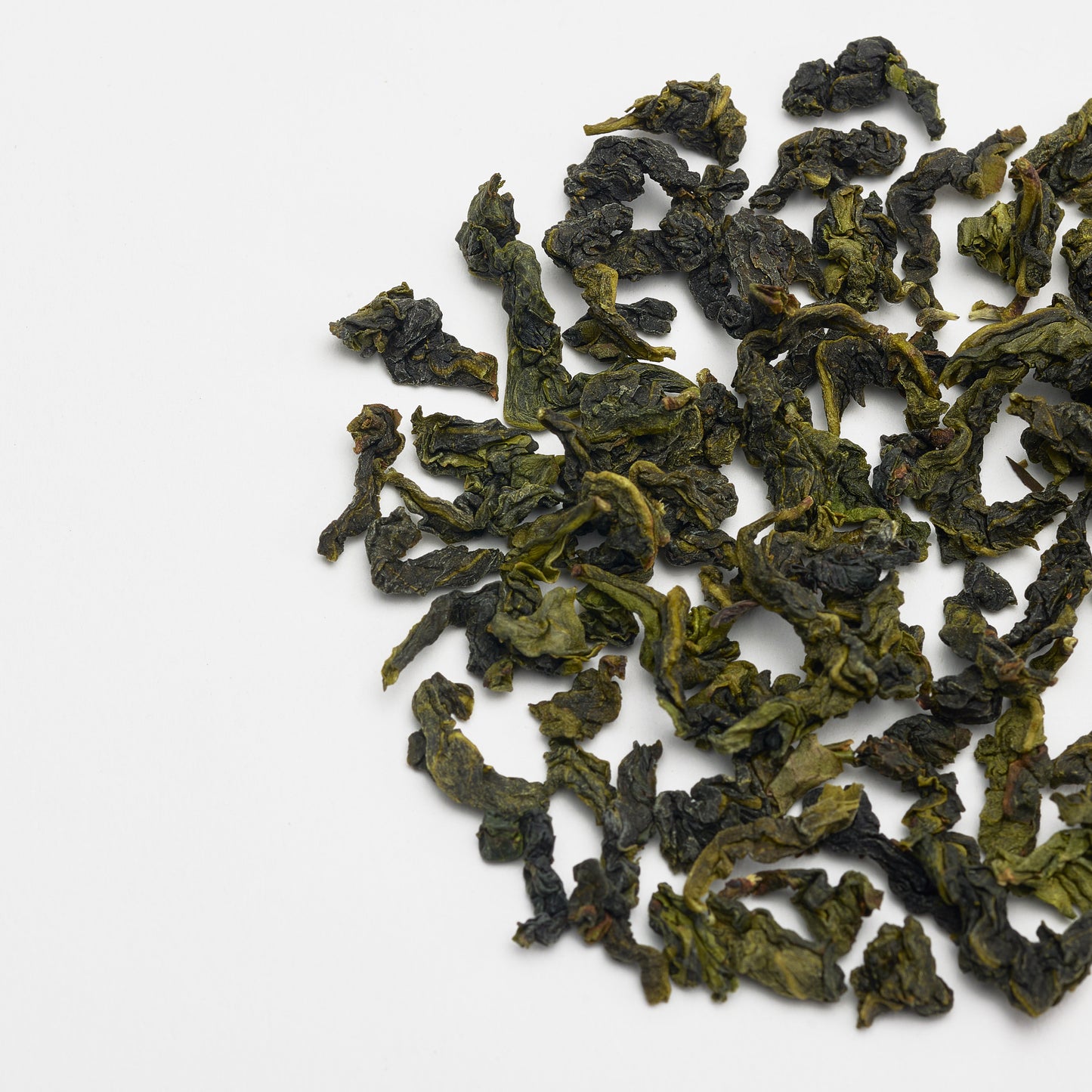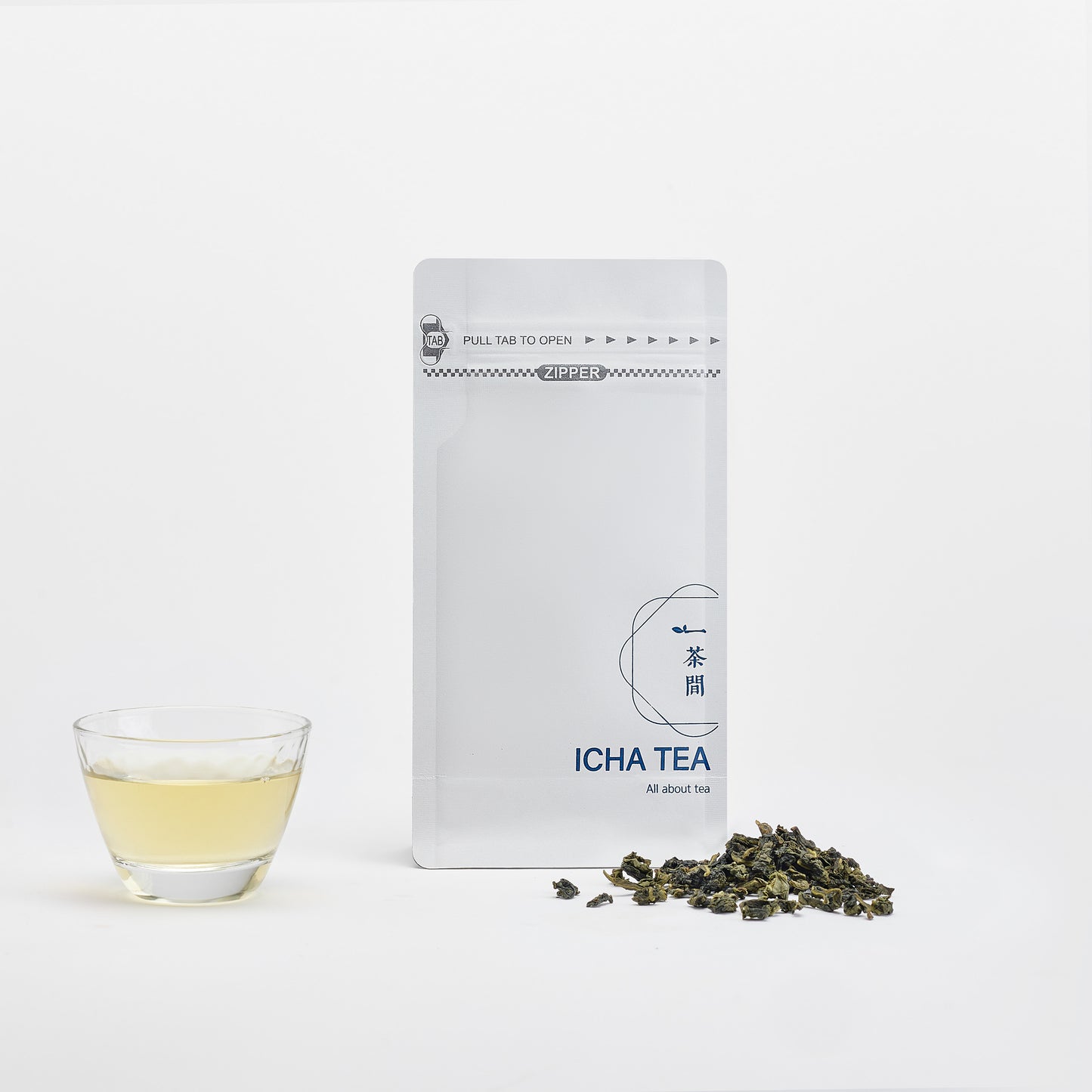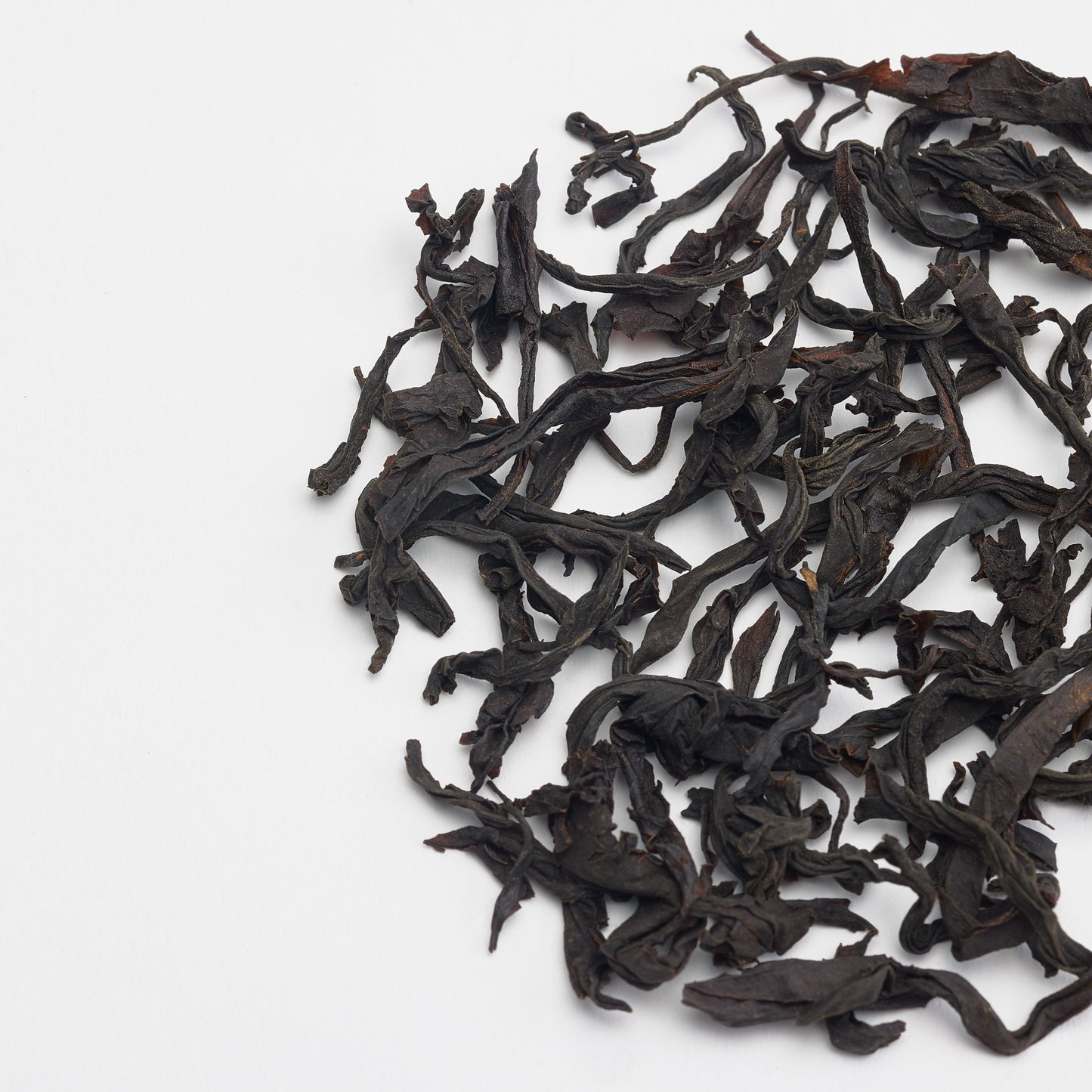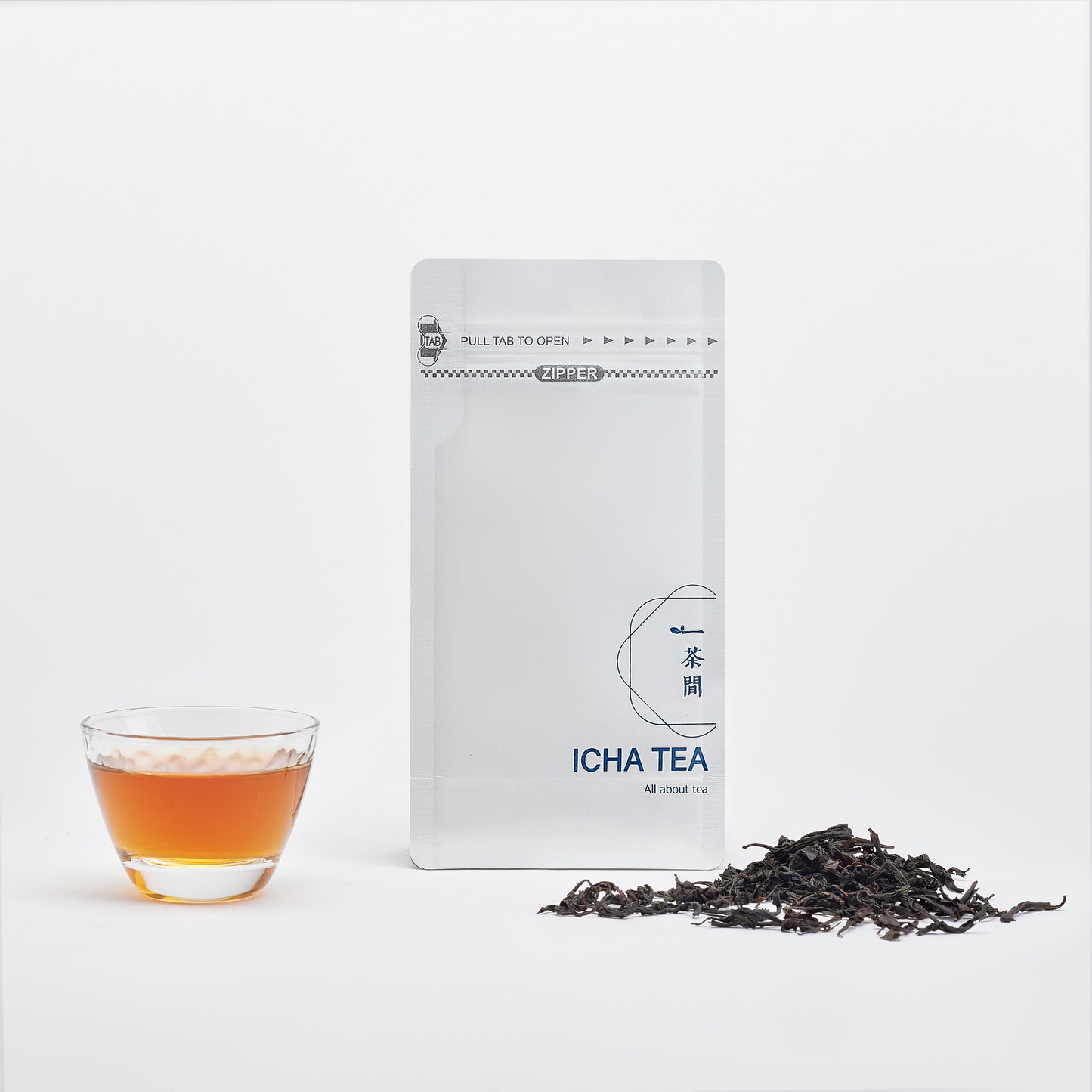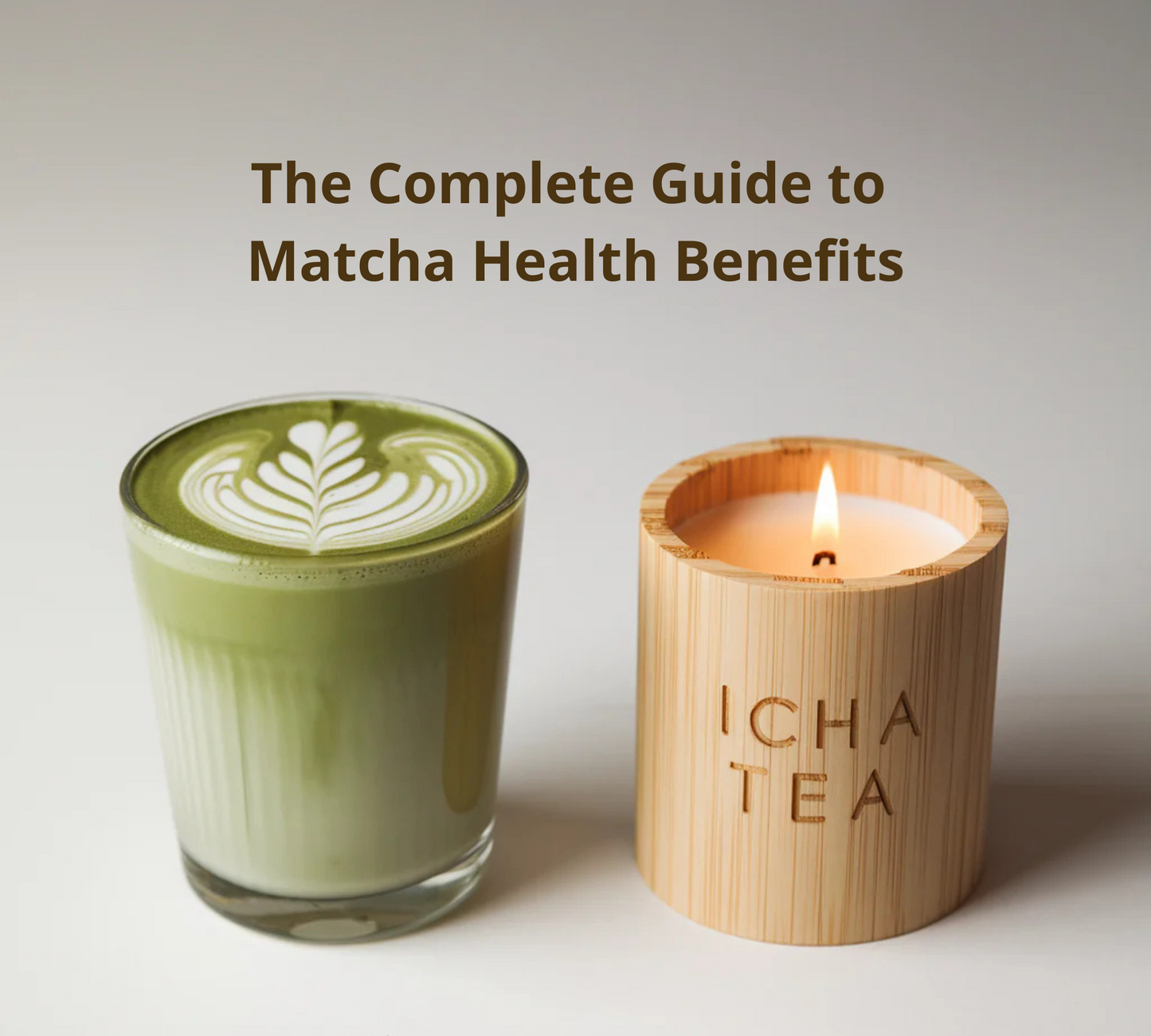
This might come as a surprise, did you know that matcha(抹茶) contains 137 times more antioxidants than regular green tea(绿茶)? I nearly spilled my morning cup when I first read that stat! Hey there, fellow health enthusiasts. We’re about to take you on a wild ride through the world of matcha and its mind-blowing benefits.
Now, you might be wondering, "What's the big deal about this green powder?" Well, let me tell you, matcha isn't just another health trend – it's a centuries-old superfood that's been keeping Japanese monks zenned out and focused for ages. It’s also a meditation and relaxation tool, and now, it's taking the wellness world by storm!
In this guide, we're gonna dive deep into everything matcha – from its energy-boosting powers to its potential cancer-fighting properties. Trust me, by the time we're done, you'll be itching to whisk up a frothy cup of this super green goodness. So, grab your favourite mug, and let's get this matcha party started!
What is Matcha and How is it Different from Green Tea?
Let's break it down, shall we? Matcha is basically green tea on steroids – but like, the natural, good-for-you kind of steroids. It's made from the same plant as regular green tea, Camellia sinensis, but here's where things get interesting. The matcha plants are grown in the shade for the last few weeks before harvest. This sneaky little trick makes the leaves pump out more chlorophyll and amino acids. Then, these nutrient-packed leaves are ground into a super-fine, vibrant green powder. And voila! You've got matcha.
Now, here's where I had a misconception I first started drinking matcha. I thought, "Hey, it's just fancy green tea, right?" Wrong! When you drink matcha, you're consuming the whole leaf, not just the brewed water. It's like the difference between eating an orange and drinking orange juice – you're getting all the good stuff, fiber and all!
The Nutritional Profile of Matcha
Speaking of good stuff, let me tell you, when I first looked at the nutritional profile of matcha, my jaw hit the floor. This stuff is like nature's multivitamin! It's packed with catechins (that's a fancy word for powerful antioxidants), vitamins A, C, E, K, and B-complex, and a boatload of minerals like zinc, selenium, and magnesium.
But the real star of the show? It's an amino acid called L-theanine. This little miracle worker is what gives matcha its claim to fame. It's like nature's chill pill, helping you feel alert but calm at the same time. I remember the first time I experienced this "calm energy" – it was like someone had turned on a light in my brain without flipping the stress switch!
Matcha's Antioxidant Power
Now, let's geek out about antioxidants for a sec. These little warriors are your body's defense against those nasty free radicals that cause all sorts of havoc, from premature aging to serious diseases. And matcha? It's like the superhero of antioxidants. Remember that mind-boggling stat I mentioned earlier? Matcha has 137 times more antioxidants than regular green tea. It even puts blueberries and goji berries to shame! No wonder I feel like Popeye after his spinach when I drink this healthy stuff.
But all this antioxidant power isn't just about impressive numbers. It translates to real benefits for your body. It's like having an army of tiny defenders, protecting your cells from damage and keeping you looking and feeling younger. Who wouldn't want that, right?
Boosting Energy and Metabolism
Now, let's talk energy, folks. If you're anything like me, you've probably had your fair share of coffee jitters and afternoon crashes. Well, matcha is here to save the day – and your sanity! Here's the deal: matcha does contain caffeine, about 35mg per half-teaspoon serving. That's less than a cup of coffee, which usually has around 95mg. But – and this is a big but – matcha's caffeine works differently in your body.
Thanks to its valuable partner L-theanine, the caffeine in matcha is released slowly over time. It's like a steady drip of energy instead of a firehose. Learn more in this article about how L-theanine work. I remember the first time I swapped my morning coffee for matcha – I was waiting for the crash all day, but it never came! Just steady, focused energy that lasted for hours.
But wait, there's more! Matcha isn't just an energy booster; it's also a metabolism ninja. Studies have shown that drinking matcha can increase your metabolic rate, helping you burn calories faster. It's like having a personal trainer in a cup! I learned this the hard way when I started drinking matcha(抹茶) before my workouts. Suddenly, I was powering through my routines with energy to spare. And the best part? No more mid-afternoon slumps reaching for sugary snacks. Matcha for the win!
Enhancing Brain Function and Mental Clarity
Alright, brain buffs, this is where matcha really shines. Remember that L-theanine I keep raving about? Well, it's not just good for smooth energy – it's also a cognitive powerhouse. L-theanine has this amazing ability to increase alpha wave activity in your brain. In plain English? It puts you in a state of 'alert calm'. See how matcha's cognitive benefits stack up against coffee's. I know, it sounds like an oxymoron, but trust me, it's real. You're focused and alert, but not jittery or anxious.
I'll never forget the first time I experienced this. I had a big presentation at work, and I was a bundle of nerves. On a whim, I decided to have matcha(抹茶) instead of my usual coffee. Let me tell you, it was like someone had turned down the volume on my anxiety while cranking up my focus. I nailed that presentation!
But it's not just about short-term benefits. Regular matcha(抹茶) consumption has been linked to improved memory, faster reaction times, and even potential protection against age-related cognitive decline. It's like a gym session for your brain!
Heart Health and Cholesterol Management
Now, let's get to the heart of the matter – literally! Matcha isn't just good for your brain; it's also a cardiovascular superstar. Studies have shown that the catechins in matcha can help reduce levels of LDL cholesterol (that's the bad kind) while increasing HDL cholesterol (the good kind). It's like a traffic cop for your arteries, keeping things flowing smoothly.
I remember when my doc told me my cholesterol was creeping up. I panicked and thought I'd have to give up all my favorite foods. But then I stumbled upon research about matcha(抹茶) and cholesterol. I started having a cup every day, and wouldn't you know it? At my next check-up, my numbers had improved!
But it's not just about cholesterol. Matcha has also been shown to help regulate blood pressure. The catechins help to relax blood vessels, improving blood flow and reducing strain on your heart. It's like a spa day for your cardiovascular system!
Supporting the Immune System
Alright, germ fighters, listen up! If you're tired of catching every cold that comes your way (like I used to), matcha might just be your new best friend. See, matcha(抹茶) is loaded with compounds that can give your immune system a serious boost. Curious how matcha's immune-boosting properties compare to coffee's? We're talking catechins, polyphenols, and even good old vitamin C. These nutrients work together like a superhero team, fighting off invaders and keeping you healthy.
I used to be that person who'd get sick at the drop of a hat. Every flu season was like running a gauntlet. But then I started drinking matcha regularly. Lo and behold, I started noticing I was getting sick less often. When everyone in the office was sniffling and coughing, I was the last one standing!
Detoxification and Liver Health
Okay, let's talk detox – and no, I don't mean those crazy juice cleanses that leave you hangry and miserable. I'm talking about supporting your body's natural detoxification processes, and matcha is a superstar in this department. The chlorophyll in matcha (that's what gives it that vibrant green color) is a powerful detoxifier. It helps to eliminate heavy metals and chemical toxins from your body. Plus, the catechins in matcha have been shown to support liver function and promote the production of detoxification enzymes.
I remember when I first learned about this. I had been feeling sluggish and bloated, and a nutritionist friend suggested I try incorporating matcha into my routine. Within a few weeks, I started feeling more energetic and my skin was clearer. It was like my body was saying "thank you!"
Matcha and Weight Management
Let's address the elephant in the room – weight management. If you're anything like me, you've probably tried every diet under the sun. Well, while matcha isn't a magic weight loss pill (sorry!), it can be a powerful ally in your weight management journey. Matcha(抹茶) has been shown to boost metabolism and increase fat oxidation. In simpler terms, it helps your body burn calories more efficiently and use fat for energy. It's like having a personal trainer in your cup!
(Read more about matcha and how it affects weight loss)
Potential Cancer-Fighting Properties
I want to be crystal clear here: matcha is not a cure for cancer. But, the research on its potential cancer-fighting properties is pretty darn exciting. Matcha is loaded with a type of catechin called EGCG (epigallocatechin gallate). Try saying that five times fast! EGCG has been shown in numerous studies to have potent anti-cancer properties. It works by inhibiting the growth of cancer cells and even triggering apoptosis – that's a science term for cancer cell suicide.
Oral Health Benefits
Smile, matcha lovers! Your favorite green tea might just be your dentist's new best friend. Who knew that something so tasty could actually be good for your teeth? Matcha contains compounds that can help fight bacteria in your mouth. These bacteria are the troublemakers responsible for plaque buildup, tooth decay, and even bad breath. So, sipping on matcha is like giving your mouth a mini cleaning session!
How to Incorporate Matcha into Your Diet
Alright, matcha newbies, listen up! If you're ready to jump on the matcha bandwagon (and trust me, you should be), here's how to do it right. Not sure whether to choose matcha or coffee? Check out our comprehensive comparison. First things first – quality matters. I learned this the hard way when I bought some cheap matcha online and ended up with something that tasted like lawn clippings. Yuck! Look for ceremonial grade matcha for drinking straight, or culinary grade for cooking and baking. Here you can browse our selections.
Potential Side Effects and Precautions
Now, let's get real for a second. As amazing as matcha is, it's not all sunshine and rainbows. Like anything, it can have some side effects if you go overboard. First up, caffeine sensitivity. I learned this one the hard way when I decided to have a double matcha latte right before bed. Big mistake! While matcha has less caffeine than coffee, it can still keep you up if you're sensitive to it.
Then there's the whole interaction with medications thing. Matcha can affect how your body absorbs certain drugs, especially iron supplements. I once forgot to mention my daily matcha(抹茶) habit to my doc, and boy, did I get an earful! Always keep your healthcare provider in the loop about your matcha intake, especially if you're on any meds.
Conclusion
Whew! We've been on quite the matcha journey, haven't we? From boosting brain power to fighting off the common cold, this little green powder packs a serious punch in the health department. Now, I'm not saying matcha(抹茶) is some kind of miracle cure-all. But in my experience, adding it to my daily routine has made a real difference. I feel more energized, focused, and just plain healthier overall.
So why not give it a shot? Start with a small amount and see how your body reacts. Maybe you'll fall in love with the taste right away, or maybe it'll take some getting used to. Either way, your body will thank you for all those amazing health benefits.

